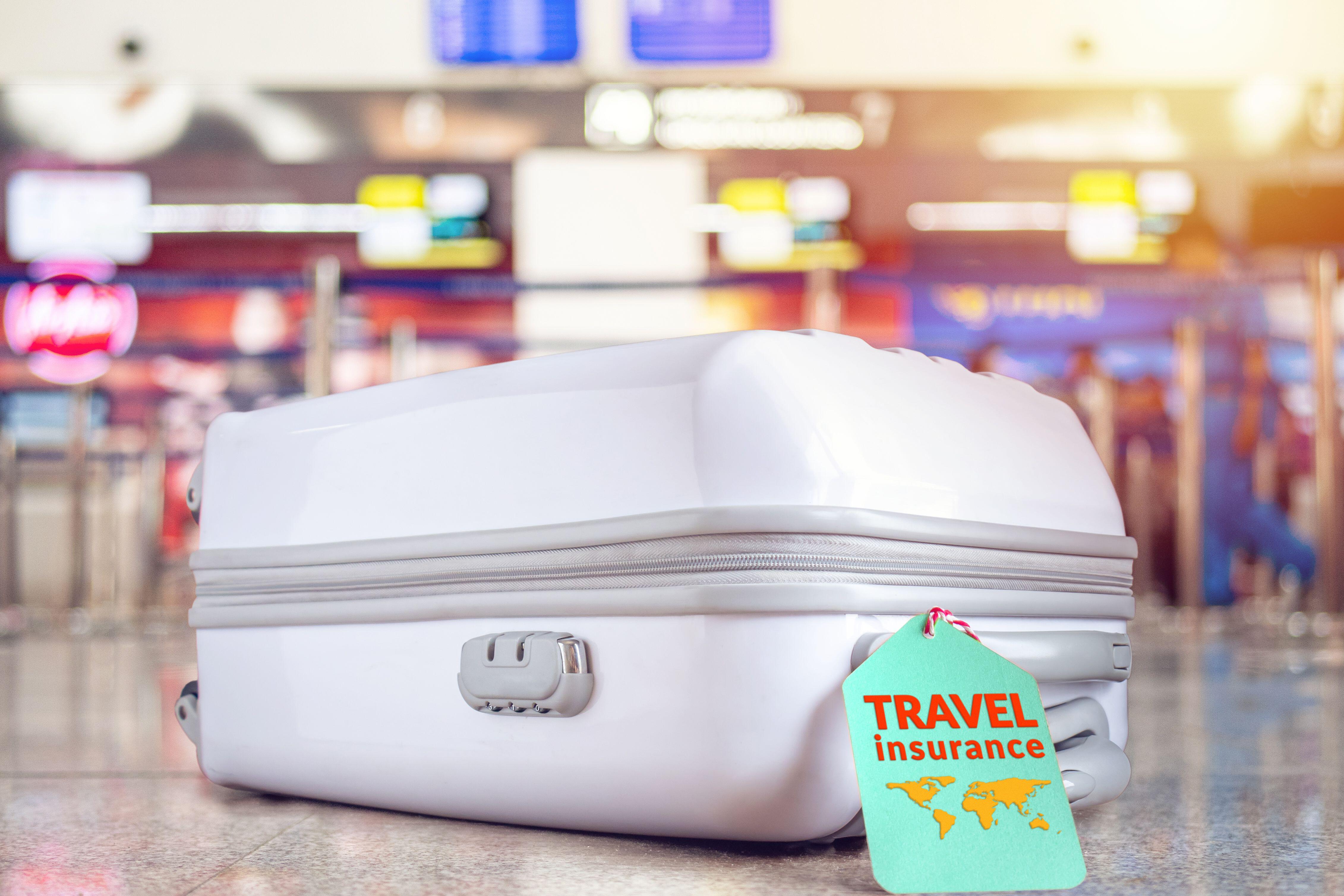Tips for getting the best travel insurance and medical cover right now
As the world opens up, it’s time to make sure you’re properly covered, says Sarah Marshall.

Your support helps us to tell the story
From reproductive rights to climate change to Big Tech, The Independent is on the ground when the story is developing. Whether it's investigating the financials of Elon Musk's pro-Trump PAC or producing our latest documentary, 'The A Word', which shines a light on the American women fighting for reproductive rights, we know how important it is to parse out the facts from the messaging.
At such a critical moment in US history, we need reporters on the ground. Your donation allows us to keep sending journalists to speak to both sides of the story.
The Independent is trusted by Americans across the entire political spectrum. And unlike many other quality news outlets, we choose not to lock Americans out of our reporting and analysis with paywalls. We believe quality journalism should be available to everyone, paid for by those who can afford it.
Your support makes all the difference.As essential as a passport, suitcase and sunscreen, travel insurance has always been a non-negotiable travel companion. In light of the Covid pandemic, however, a reliable policy is more valuable than ever before
Tim Riley, Managing Director at adventure-focussed insurers True Traveller, says: “As the world is beginning to open up as more European countries have been added to the green list, it’s great news for all holidaymakers and travellers determined to book a last-minute trip, but they should ensure they are fully protected with the correct travel insurance.
“It is essential that they purchase their travel insurance at the time of booking to ensure they fully covered ahead of their trip as well as whilst they’re away.”
Here are a few tips to help you pick the right policy.
1. Look for Covid Cover
A policy with decent Covid cover is essential for anyone considering a holiday. “Due to the unpredictable nature of the pandemic, travellers must ensure that they are covered for cancellation if they, or their travel companion, contract Covid-19 in the days leading up to, or during their trip, and if they are required to self-isolate,” says Tim Riley from True Traveller.
He advises looking for a policies which include cover if customers are contacted by the NHS Test and Trace system and are told to self-isolate within 14 days of their trip (if they aren’t fully vaccinated), pre-departure cover for cancellation if travellers test positive for Covid-19 within 14 days of their trip and cannot travel (even if this is at the airport) and emergency medical care and repatriation should they contract the virus whilst travelling.
2. Keep documents close
If the unthinkable does happen, it’s important to act quickly. Many providers will only honour policies if claims are made immediately. ABTA the UK’s leading association of travel agents and tour operators, advises all travellers to carry documents with them and share details with friends and family at home. They also recommend keeping the Health and Medical ID sections on Apple and Android phones up to date with information.
3. Get a GHIC card
Anyone travelling in the EU should also register for a free Global Health Insurance Card (GHIC), which provides access to state healthcare. Many insurers now insist travellers have one. But this is not an alternative to travel insurance; you’ll still need cover for any private medical healthcare or costs, such as being flown back to the UK if you are seriously ill or mountain rescue in ski resorts. Many countries will also expect patients to contribute up to 20% of the costs.
4. Don’t forget about repatriation
Repatriation costs are also an important consideration for anyone intending to travel overseas for an extended period of time. Joe Cronin, President of International Citizens Insurance, says: “Repatriation cover is something many people may not consider when taking out insurance to relocate abroad or travel. We advise anyone planning to live overseas for extended periods to consider investing in a high-quality international health insurance plan to cover their medical needs.
“The best plans will offer repatriation, as well as other benefits such as 24-hour emergency assistance and inpatient and outpatient medical care.”